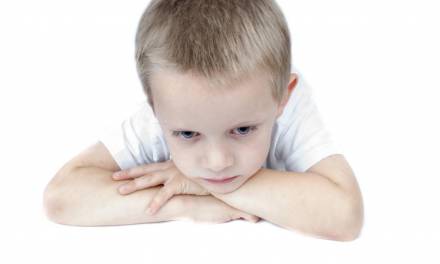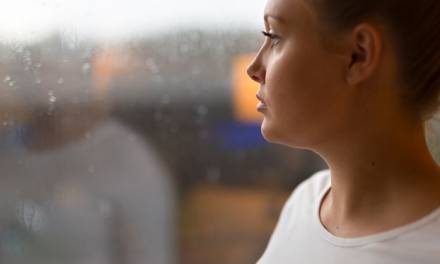Today is #BestFriendsDay, at a time when huge numbers of young people haven’t seen their best friend in a number of weeks. Children’s mental health is in freefall as a result of the lockdown.
According to Dr Maria Loades, a clinical psychologist, says “There is evidence that it’s the duration of loneliness as opposed to the intensity which seems to have the biggest impact on depression rates in young people.”
What do you like about your best friend? Let us know in the comments below.
What will be the impact of lockdown on children’s mental health?
A 2015 report by the Mental Health Foundation had suggested that 10% of children and young people between 5 and 16 have had a diagnosable mental health problem.
However the impact of lockdown means that young people are three times more likely to suffer from depression. This could last at least nine years into the future.
Dr Loades said:
From our analysis it is clear there are strong associations between loneliness and depression in young people, both in the immediate and the longer term.
There is evidence that it’s the duration of loneliness as opposed to be the intensity which seems to have the biggest impact on depression rates in young people.
What can be done to support children’s mental health?
Cheryl Lythgoe, head matron at Benenden Health, said a significant impact on children’s mental health is ‘understandable’.
“Children across the country are likely to have never experienced anything like this before and the disruption, uncertainty and change is shown to be taking its toll on their mental health, whether worrying about school work and exams, isolation from friends and family or being scared about their health or that of their loved ones,” she said.
“It is vitally important that during these difficult ties, support is available to everyone – regardless of age or circumstance – and certainly for parents and children themselves.
“Taking the time now to talk, seek help and support each other can be crucial in getting through these challenging times together and promoting positive mental health for once we are out the other side.”
How to spot issues with children’s mental health
The charity YoungMinds has said there are a number of signs young people may display if their mental health is falling.
- Persistant changes in mood or behaviour
- Withdrawl
- Joylessness
- Lack of sleep
- Lack of focus
- Lack of interest
- Boredom
- More irritabile
- Sadness / tearfulness
- Lack of confidence
How EDLounge can help with children’s mental health
You can read 10 top tips to maintain your mental health here.
EDLounge has a range of support for children with mental health. This includes dedicated lessons for children with mental health, as well as bullying support.
Our software is designed for children who are not best suited to mainstream classrooms. EDClass+ features eyes-on learning so any concerns can be raised with schools. Pupils have a number of alert mechanisms available so they can reach out to an enhanced DBS checked member of staff to raise concerns. There is also quick and easy access to a number of charities through the built in system.
For more information, call 01909 568 338.









